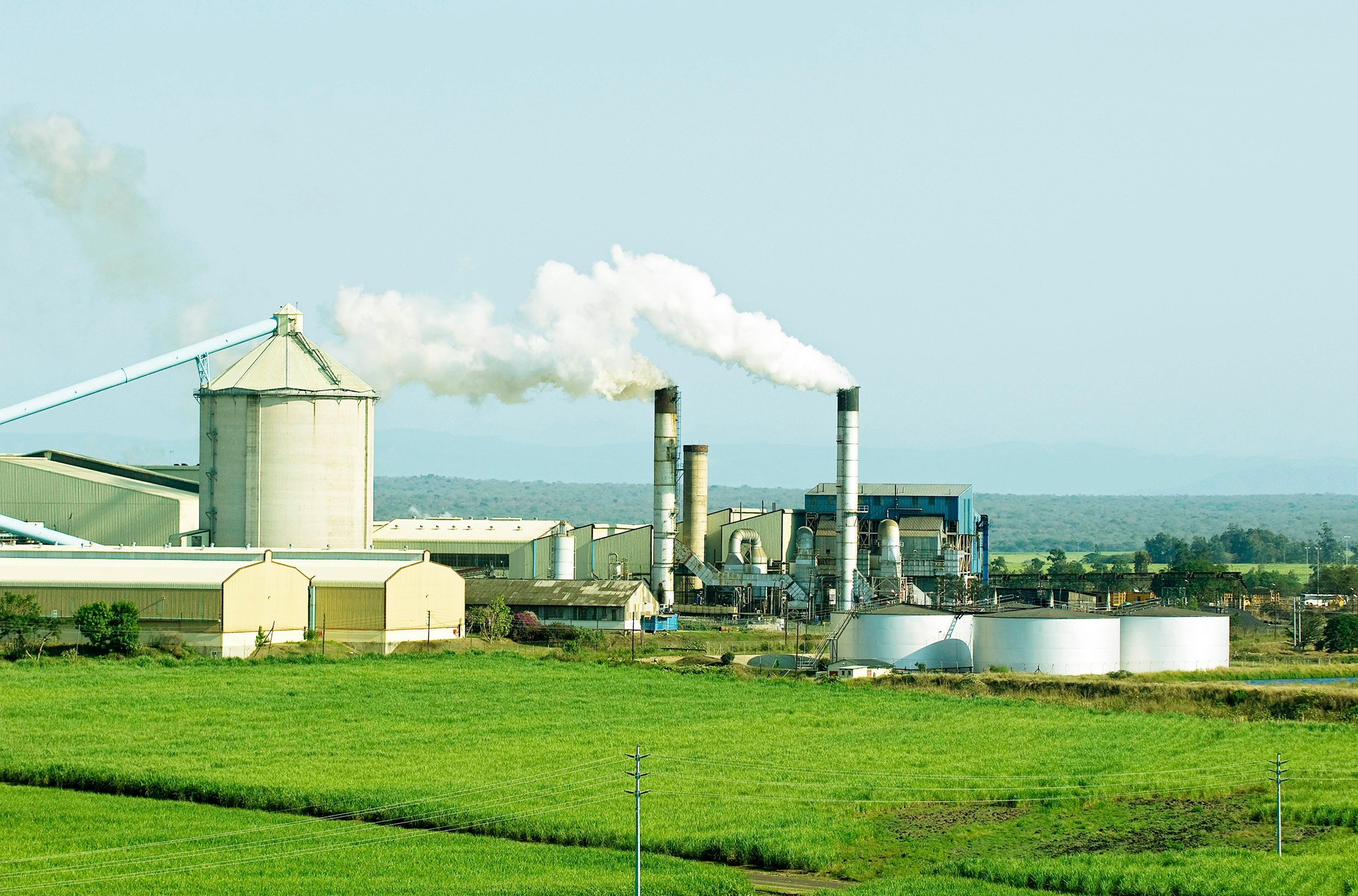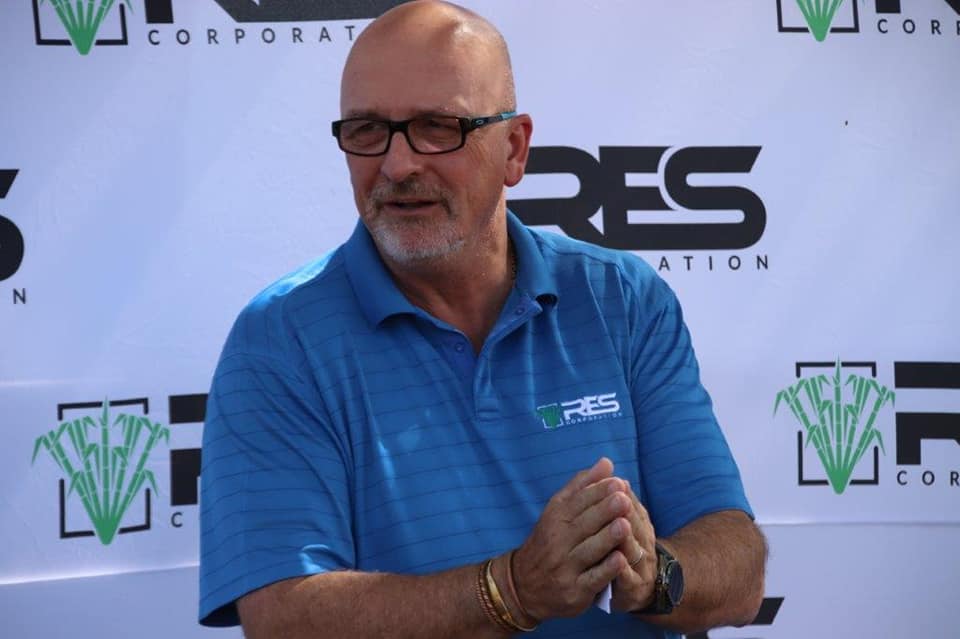
By Sifiso Sibandze
The Royal Eswatini Sugar Corporation (RES Corp) has put E954 million into the pockets of its 4,206 employees under its employ at the end of its 2022/23 financial year.
Notably, the manpower costs show a significant increase of E73 million from E883 million spent in the 2021/22 financial year. The increase in personnel costs for the sugar and ethanol producer was realized despite a decline in the number of employees by 387 from 4,593 (2021/2022) to 4,206 in the financial year under review.
In the year under-reporting, 1 809 were permanent – including fixed-term employees, compared to 1,864 recorded in 2021/22, while 2,372 were seasonal employees, compared to the 2,729 recorded at the same time last year. “Although the number of seasonal employees fluctuates according to operational requirements, this year, the ongoing expansion of land-under cane at Homestead saw a steady increase in the number of seasonal employees,” reads the report in part.
Regarding staff turnover, a total of 22 permanent employees resigned from RES employment this year. “These figures show a healthy turnover rate, which is substantially below the universal 5.0 per cent threshold,” reads the report. According to the corporation’s most recent integrated report, discretionary overtime exceeded the budget by E2 million due to the above-normal breakdowns experienced in the plant.
ALSO READ: RES income drops by 41% to E179 million
The sugar producer reported that nearly E110 million was spent on overtime, against a budget of E83 million. “In most cases, the E27 million over-expenditure arose from the several factories’ start-up teething problem, as well as breakdowns experienced during the difficult milling season this year which resulted in higher lost time available (LTA). As a result, the overtime expenditure was 2.0 per cent above the standard 10 per cent of the total wage bill,” the report reads. its initiatives to change the organizational culture by fostering a high-performance environment.
For the financial year 2022/23, RES made a profit after tax (PAT) of E178.5 million and a return on net assets (RONA) of 6.8 per cent. This is less than the E302.6 million PAT and 12.5 per cent RONA for 2021/22. The Board of Directors has authorized paying the computed STI bonus to qualifying workers, by the STI thresholds.
. . . Over E200 million to be invested in renewable energy generation
IN a bold move to drive towards energy self-sufficiency and diversification through renewable and sustainable energy generation which is at the heart of the RES Energy Masterplan, the corporation will invest over E200 million in this current financial year (2023/24) in an alternative renewable energy project.

According to the sugar producer, its masterplan two-phase approach, first addressing the current energy security risk, and then aggressively expanding generation capacity to export into the national grid. The corporation says that is based on the fact that the Power Purchase Agreement (PPA) between Eswatini and South Africa is coming up for renewal in 2025.
“RES is therefore moving towards renewable energy generation options, such as solar plants and new biomass boilers for high-pressure steam and maximum electricity production so that we can be self-sufficient by 2026,” the company said in its 2022/23 integrated report released last week.
To mitigate the imminent energy security risk, in addition to optimising and maximising generation from existing capacity and planning for offcrop generation, RES is investing in a 10 MW Solar PV Project, to be developed at the Mhlume Sugar Estate. It says the project will be grid-tied, utilising ground-mounted single-axis tracking structures. RES has also laid it bare that it is looking at becoming a large-scale electricity producer in the next few years and that is very much in its sights.
Notwithstanding that the existing Eswatini power purchase agreement with South Africa will be renewed in 2025, RES is of the view that Eswatini’s power supply will no longer be secured. “There are also several opportunities for enhancing energy efficiency across RES’s operations. Some form an integral part of the factory projects at Mhlume and Simunye, while others could potentially form part of a wider energy masterplan,” the company said. Interestingly, the sugar producer hopes to become a net exporter of power to the national grid in the longer term. Eswatini currently imports in the order of 75 per cent of its electricity from, South Africa’s Eskom.






